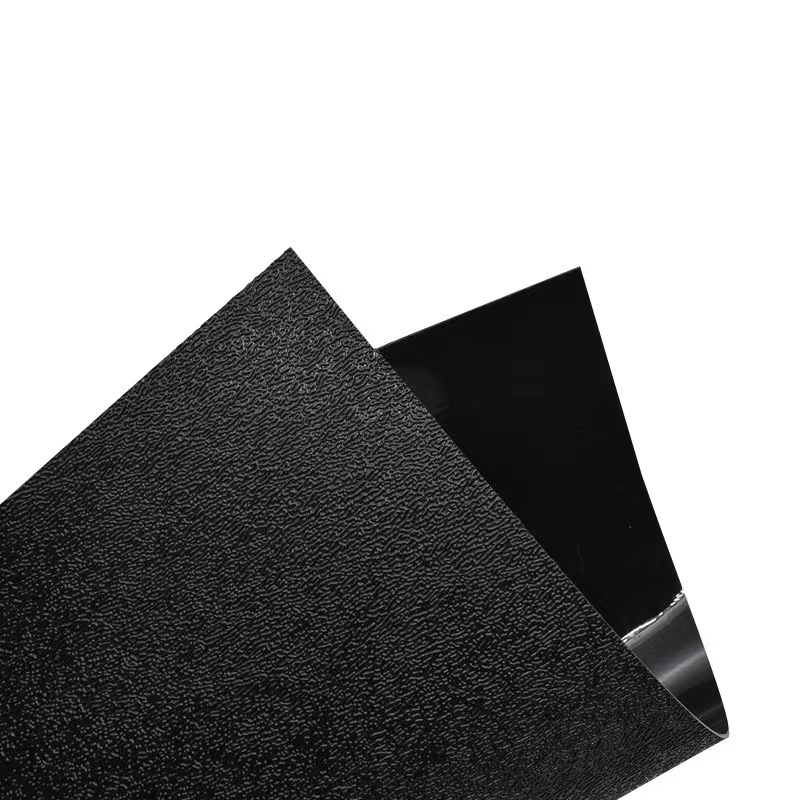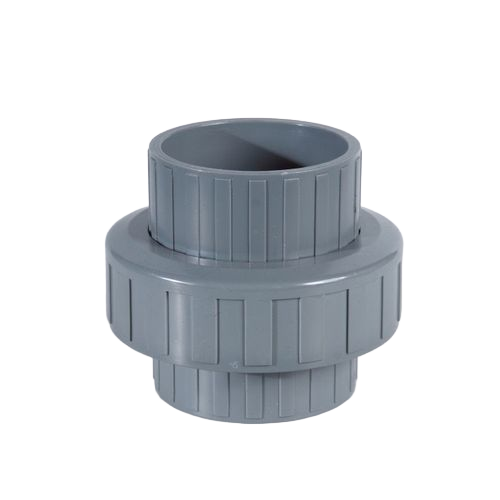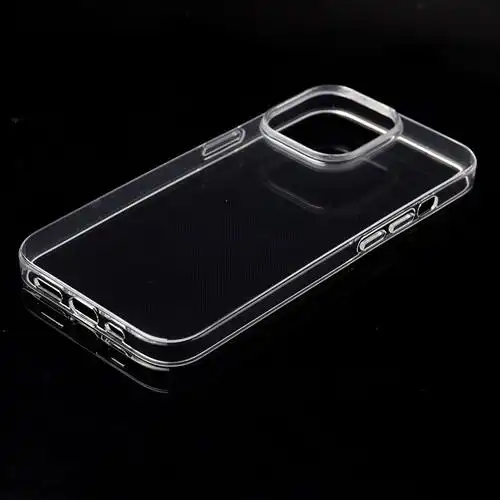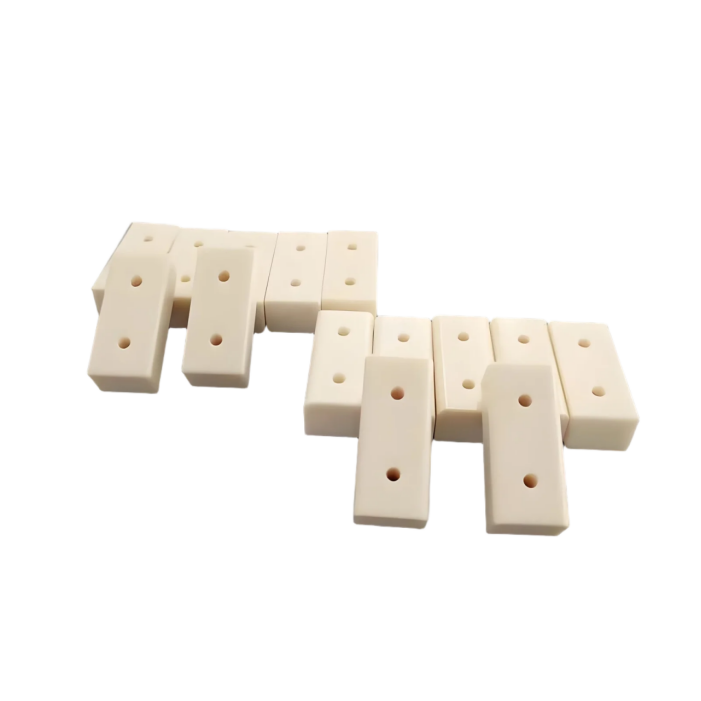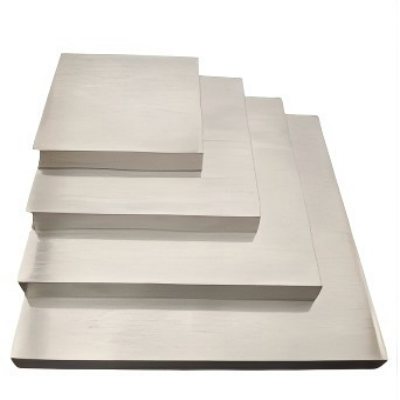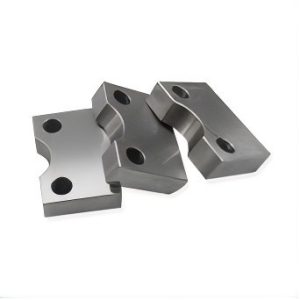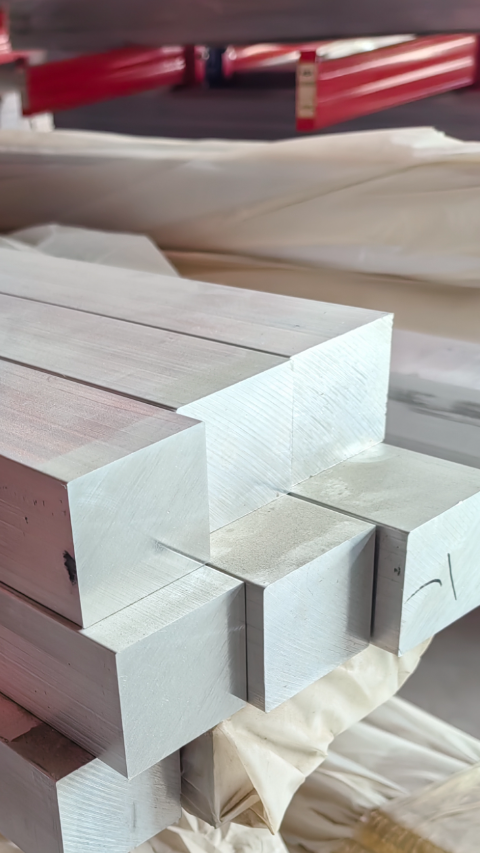Comparison of CNC Machining Materials
The information contained herein is typical values intended for reference and comparison only. They shall NOT be used as a basis for design specifications or quality control.
HIPS
Impact Resistance, Economical, Electrical Insulation
High Impact Polystyrene (HIPS) is a low-cost and easily processable plastic material. It is often used in the manufacturing of low-strength structural components in scenarios where comprehensive requirements for a material’s impact resistance, processability, and cost are required. Additionally, with its excellent dimensional stability and ease of being painted and bonded, it has become an ideal material for prototyping.
PET
Corrosion Resistance, Strength, High Transparency, Processability
PET (polyethylene terephthalate) is a common thermoplastic polyester with excellent mechanical properties and strong chemical resistance. It also offers glass-like transparency and luster, with a high light transmittance of about 88–92%, and is widely used in beverage bottles, food packaging, and engineering plastics.
PVC
Economical, Weather Resistance, Flame Retardancy
Polyvinyl chloride (PVC) is a widely used thermoplastic polymer material characterized by excellent mechanical properties, outstanding corrosion resistance, and superior electrical insulation performance. By incorporating various additives, it can be tailored to meet customized requirements. Owing to its unique combination of properties, PVC finds extensive applications in fields such as construction, industry, packaging, and healthcare.
PC
Impact Resistance, Processability
PC (polycarbonate, commonly known as bulletproof glue) is inherently pale yellow or colorless and transparent, featuring hardness, toughness and luster. It boasts prominent advantages: with a light transmittance of 90%, it not only has good mechanical strength but also excellent impact resistance, along with outstanding heat resistance and weatherability.
ABS
Strength, Economical, Processability
ABS (Acrylonitrile-Butadiene-Styrene Copolymer) is a well-balanced engineering plastic with good mechanical properties, excellent impact resistance, and easy processability. These characteristics have led to its widespread application in fields such as consumer electronics, household appliances, automotive industry, and daily necessities.
Stainless Steel 304
Corrosion Resistant, Economical, Machinability
stainless steel 304 is also known as 18/8 stainless steel, which contains approximately 18% chromium (Cr) and 8% nickel (Ni). It not only possesses excellent oxidation resistance and corrosion resistance, but also has good workability and surface quality. Currently, it is the most widely used stainless steel grade in industrial manufacturing and civil applications.
Low Carbon Steel
Economical, Machinability
Low carbon steel (with carbon content not exceeding 0.25%) is one of the most commonly used types of steel in both industry and daily life, thanks to its excellent plasticity, weldability, and low cost. It is widely applied in components such as pistons, screws, and drive shafts. However, due to its limited strength, it usually requires post-treatment.
AL6061
Corrosion Resistance, Economical, Machinability
As a versatile and widely used metallic material,aluminum 6061 alloy is well-known in the industrial field for its excellent mechanical properties and outstanding weldability. The designations “T6” and “T651,” as typical temper conditions of this alloy, correspond to specific heat treatment processes: the T6 process achieves strength enhancement through solution treatment followed by artificial aging, while the T651 process adds a pre-stretching deformation step on this basis to optimize residual stress distribution. The combined effect of these two processes significantly improves the material’s mechanical properties and effectively eliminates internal stresses. Owing to their comprehensive advantages in strength, processability, and corrosion resistance, 6061-T6 and 6061-T651 aluminum alloys are highly favored in fields such as aerospace structural components, automotive parts, shipbuilding, and general machinery processing, emerging as key foundational materials supporting modern industrial manufacturing.

